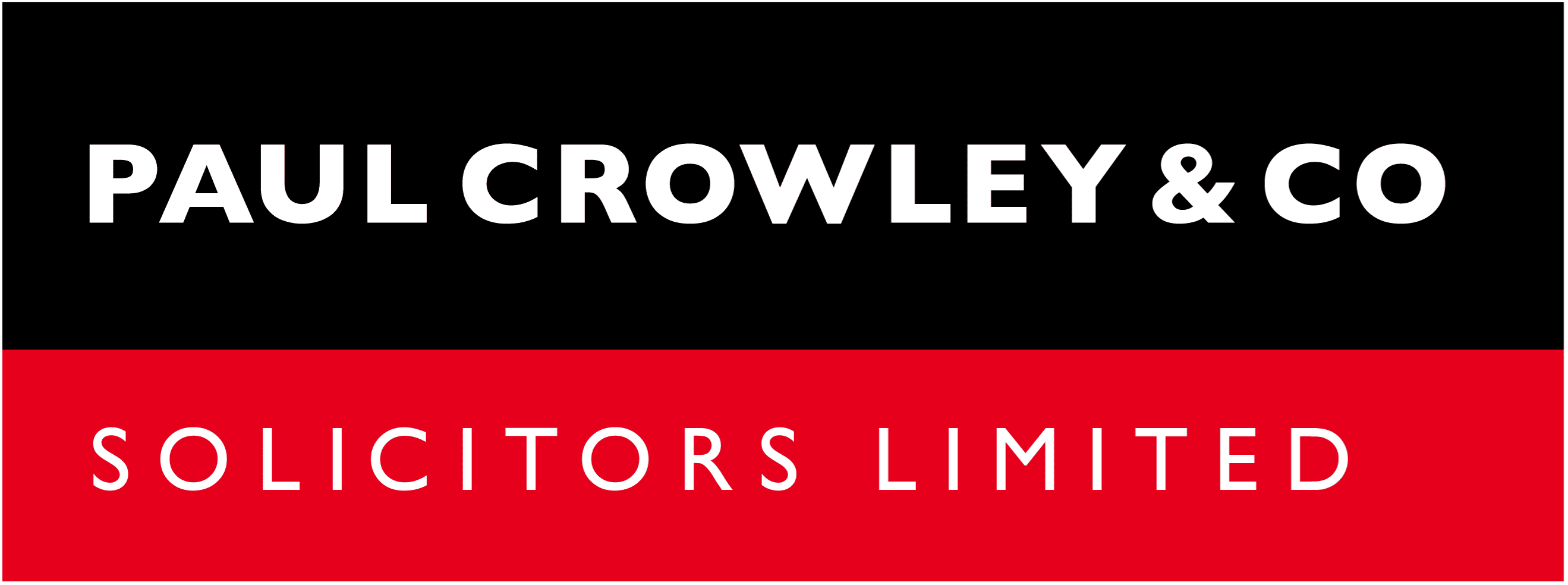In recent years the internet has come a long way. Through smartphones and tablets, we can be “online” and have access to a vast amount of information around the clock. If we look back through history, the equivalent just 50 years ago would be carrying a library in your pocket; in-fact, not just a single library, but every library in the world. You would need an awfully big pocket.
By itself, this easy access to information is a rather brilliant thing. We can view extraordinary art from Da Vinci to Banksy; see the Seven Wonders of the World in close detail; listen to a wealth of music, from classical to electro – the possibilities really do seem endless, and all from a click of a button.
The internet has also made it much easier for people to contribute to media than ever before. Before the internet, only professionals would be able to produce mass media. The thought of the general public inking their daily thoughts onto paper and posting them to their community would be ludicrous. But in the modern world anyone with internet access can upload a blog or post content on social media.
Surely it is a positive thing if we can all express our thoughts? For the most part it seems so, but it begs the question of content authorship. The average amateur sports writer isn’t likely to produce their own photos of the World Cup Final, just as the average music blogger isn’t likely to get their own personal music recording from a band. Even text may have been copied and pasted from somewhere else.
A common misconception is that if it’s on a search engine or in some other way in the public domain it can be used freely. However, this is not the case. Remember the “you wouldn’t steal a car, so dont steal a movie” piracy warnings in the cinema? The internet is subject to these copyright laws too. And the reality is that almost everyone uses search engines every day, to the extent that one provider’s name has made the transition in British language from a noun into a verb. Dont believe it? “Google it”.
That’s where Creative Commons comes in. It is a licensing scheme that offers an online alternative to full copyright laws, so that your everyday blogger can use a selection of professional looking media content without ending up with a legal battle.
There are four main features of Creative Commons licences that a contributor of authentic online content can use. In brief, Attribution means that you let others use your work or create new content from it so long as they credit you. Non-commercial means you let others use your work or create new content from it, so long as there is no financial involvement. No Derivative Works means that you let others use your work but only as it is originally created, it cannot be modified. Finally, Share Alike means that others can only use your work so long as they licence it identically.
For professional advice on internet laws, don’t “Google it”, contact Joe Davison at Paul Crowley and Co on 0151 264 7363
